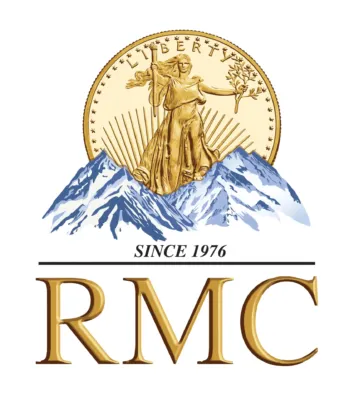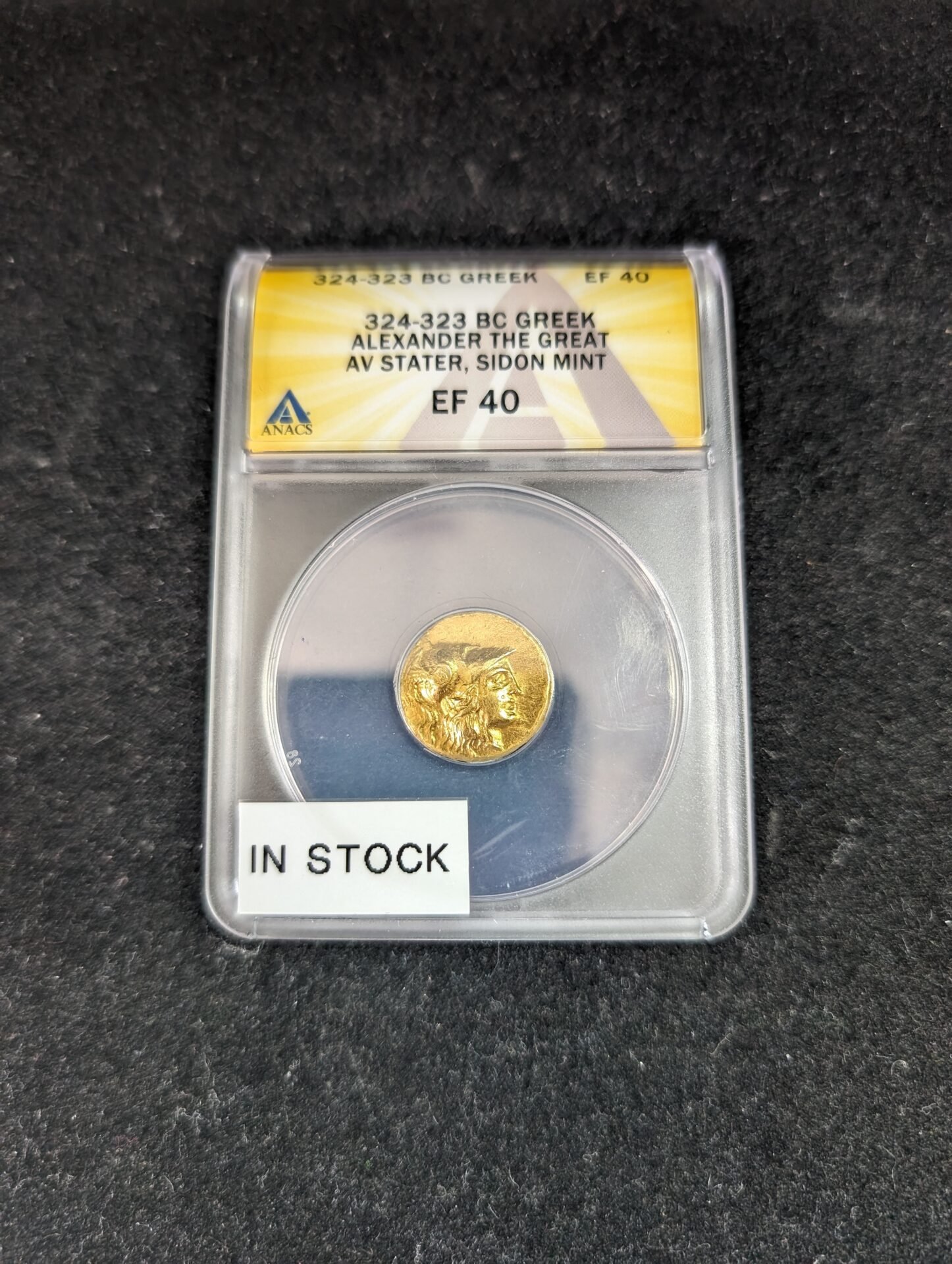Russia continues to amass more gold in its reserves with the purchase of another 34.2 tonnes in September, bringing its total to around 1,353 tonnes – or around 13% of its total foreign exchange reserve figure. This is Russia’s second highest monthly total purchase in six years and represents yet another indicator of its continuing desire to downplay the significance of the U.S. dollar holding in its overall forex reserve make-up.
This is the seventh successive month that Russia has increased its gold reserve – it didn’t add to reserves in January or February. It thus remains the world’s sixth largest national holder of gold, moving further ahead of Switzerland in seventh place which is sitting on 1,040 tonnes and closing the official gap with China which also reported increasing its gold reserve in September by 15 tonnes to 1,708 tonnes, although this only represents well under 2% of its massive forex reserves of around $3.5 trillion. Many reckon though that gold held in Chinese government accounts amounts to a far higher total than officially reported being amassed in accounts which it does not classify as part of its forex holdings and thus does not report to the IMF.
| Top 10 World national holders of gold in forex reserves | |||
| Country | Gold holdings (in tonnes)* |
Gold’s share of forex reserves |
|
| 1 | USA | 8,133.5 | 72.6% |
| 2 | Germany | 3,381.0 | 66.8% |
| 3 | Italy | 2,451.8 | 64.9% |
| 4 | France | 2,435.4 | 65.2% |
| 5 | China | 1,677.4 | 1.6% |
| 6 | Russia | 1,288.2 | 12.7% |
| 7 | Switzerland | 1,040.0 | 6.1% |
| 8 | Japan | 765.2 | 2.2% |
| 9 | Netherlands | 612.5 | 56.3% |
| 10 | India | 557.7 | 5.5% |
Sources: IMF, Wikipedia, Sharelynx, LawrieOnGold
However transparency in the reporting of global gold holdings can be obscure – even for those like China and Russia which are reporting month by month official changes. Most of the gold holders in the table above as the central banks of the countries concerned do not allow audits of their gold holdings and many have reported zero change for a number of years. In particular, as Wikipedia points out, gold leasing by central banks could place into doubt their reported gold holdings.




